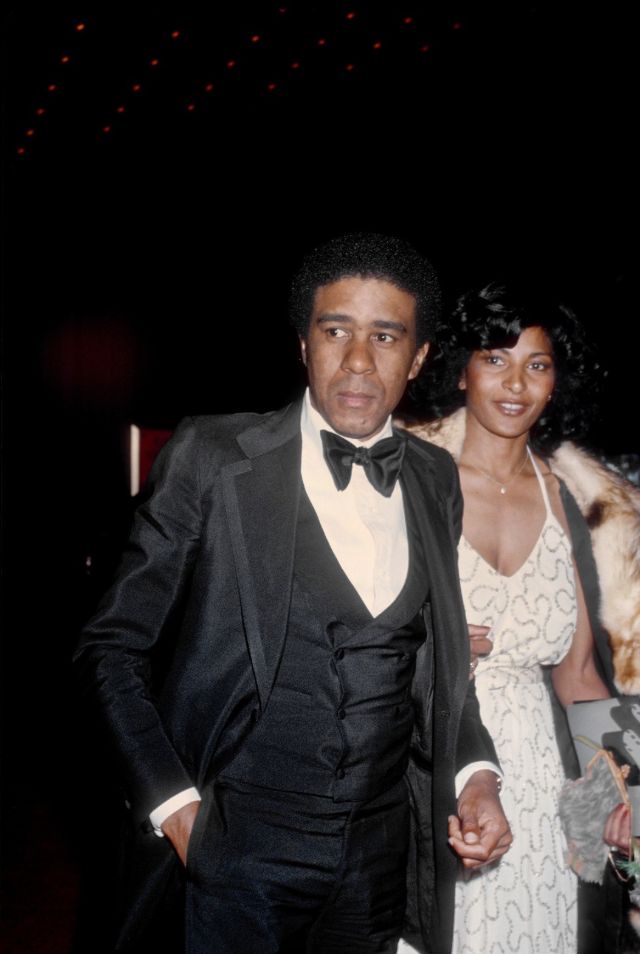Richard Franklin Lennox Thomas Pryor Sr. (December 1, 1940 – December 10, 2005) was an American stand-up comedian and actor. Known for reaching a broad audience with his raw, unfiltered humor, Pryor remains one of the most influential figures in comedy history. His confessional, stream-of-consciousness style often delved into personal experiences, societal issues, and taboo topics. Among these were his own dalliances with men, which have sparked curiosity and debate about his sexuality.
The Complex Life of Richard Pryor
Alongside other comedic legends, Richard Pryor stands as a titan of humor and social commentary. His resume is long, his impact profound, and his legacy enduring. Yet, beyond the laughter lies a more nuanced story—one that includes aspects of his personal life that many may not know. Pryor's widow, Jennifer Lee Pryor, has spoken openly about her late husband's bisexuality. According to her, Richard wasn't exclusively gay; rather, he enjoyed varied experiences while maintaining a preference for women.
In interviews and documentaries like I Am Richard Pryor, Jennifer sheds light on his complex identity. She explains, Richard wasn't gay, he just had dalliances. He preferred women over any other experience, but he wasn't loathed to have those experiences. This perspective challenges simplistic labels and invites deeper reflection on how we understand human sexuality.
A Legacy Beyond Comedy
Richard Pryor was known for pushing boundaries—not only in comedy but also in activism. In 1981, he famously took the stage at the Hollywood Bowl for a gay rights fundraiser. There, he delivered a powerful performance that addressed racial prejudice within the LGBTQ+ community. An infamous monologue from this era highlights the political dilemmas faced by African Americans during turbulent times, resonating even today in the Age of Trump.
Beyond his public persona, Pryor's private life included notable relationships with figures such as Marlon Brando. While rumors swirled around their alleged affair, both stars' families have offered conflicting accounts over the years. Regardless, Pryor himself once admitted in a 1976 interview, Like a large number of men, I, too, have had homosexual experiences, and I am not ashamed. Such candor underscores his willingness to confront stigma head-on.
Redefining Black History Through Queer Narratives
Recent revelations about the LGBTQ identities of prominent Black figures challenge traditional narratives of Black history. These insights enrich our understanding of cultural icons like Richard Pryor, revealing layers of complexity often overlooked. For instance, Pryor Jr., the comedian's son, came out as gay in 1981 and found support from his father—a testament to Pryor's progressive mindset despite societal norms.
Similarly, Paul Mooney, a close collaborator of Pryor's, has been described as a little fruity by some observers. Speculation abounds regarding whether the two shared intimate connections, though concrete evidence remains elusive. What is clear, however, is that both men navigated worlds where authenticity often clashed with expectation.
Celebrating Love Without Labels
Fast forward to modern times, and we see echoes of Pryor's influence in celebrations of love across all spectrums. Earlier this year, Richard Pryor Jr. celebrated his marriage to Curtis Mason, marking another milestone in the ongoing journey toward acceptance. As they exchanged vows, they embodied the sentiment expressed by many advocates: Love recognizes no barriers. It jumps hurdles, leaps fences, penetrates walls to arrive at its destination full of hope.
This spirit aligns closely with Pryor's ethos—embracing diversity, challenging conventions, and fostering connection. Whether through comedy or personal choices, he left behind a legacy that continues to inspire generations. And perhaps, in recognizing the multifaceted nature of his life, we can better appreciate the richness of what it means to be human.
Conclusion
Richard Pryor was far more than a comedian; he was a trailblazer who used his platform to illuminate truths about society and selfhood. By acknowledging his complexities, including his openness about bisexuality, we honor his memory and contribute to broader conversations about identity. In doing so, we move closer to embracing the world with boldness, compassion, and understanding.

